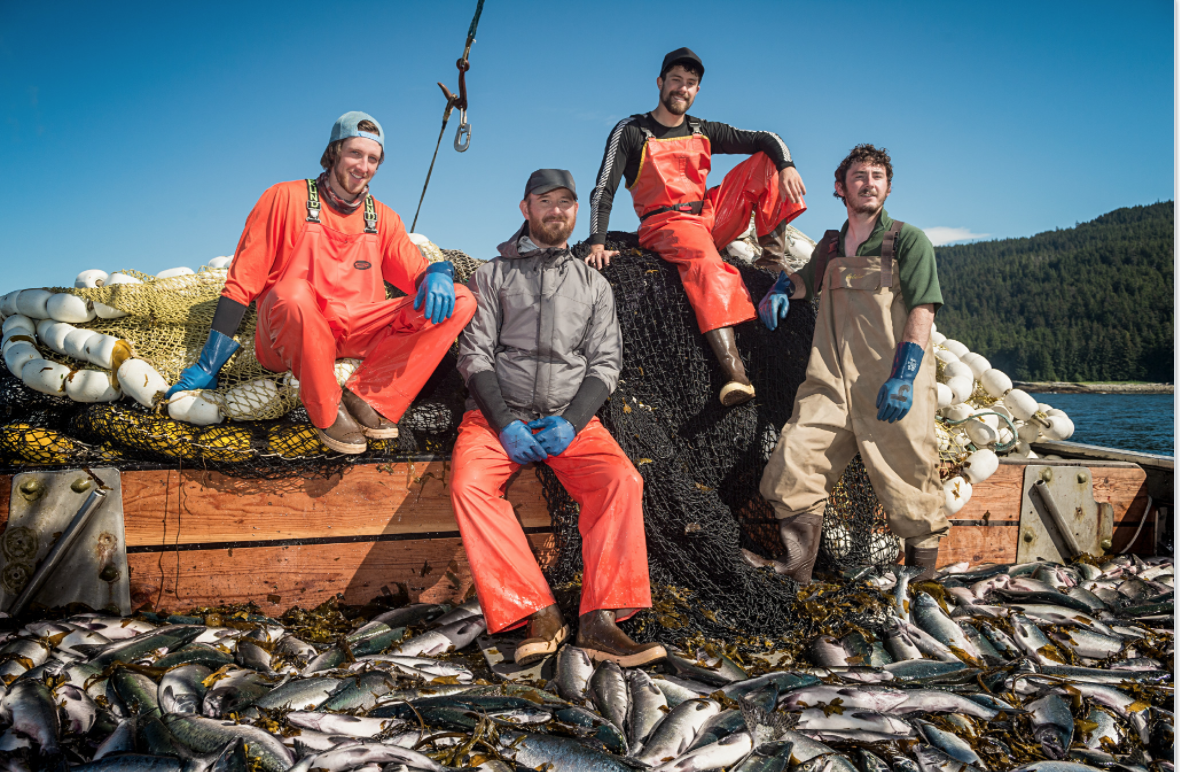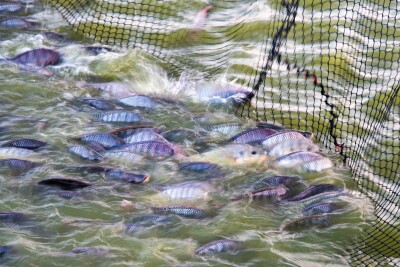A career in commercial fishing has always been hard-fought, but today’s generation of new fishermen face unprecedented, sometimes impassable barriers to entry. Changing oceans, indifferent global seafood markets and rising entry costs are among the many formidable factors combining to thwart the ambitions of the next generation.
The lack of young people entering the industry today is not unique to Alaska fishing communities, but this is where the Alaska Marine Conservation Council is working with partners to change course, create opportunity, and ready the next generation of fishermen as stewards, advocates, business owners, and community leaders.
The council advances a multifaceted approach to address the challenges affecting intergenerational and community-based fishing access in Alaska fisheries. Our work includes research, policy, advocacy, market-based solutions, education and outreach. In recent years, we have devoted significant energy to supporting fishermen through a fellowship program and growing the Alaska Young Fishermen’s Network.
Earlier this year, the council launched the Young Fishing Fellows Program with placement of five young Alaskan fishermen as fellows working with host organizations in Sitka, Juneau, Anchorage, Fairbanks and Homer. Fellows work with mentors on projects that focus on varied aspects of fisheries, including science, policy and seafood markets, among others. Our first cohort of fellows are working with organizations like the Alaska Ocean Observing System and North Pacific Fisheries Association on projects related to ocean acidification, fishery management, and policy processes in state and federal fisheries and fishery education. The fellows program provides rich opportunities for new fishermen to learn from experienced leaders, engage with issues affecting their livelihoods, gain insights on how to better find and utilize resources, and improve their management and leadership skills. The program also offers host organizations the opportunity to better understand the perspectives and needs of young fishermen. Fellowships are structured to be flexible and fit between fishing seasons. We plan to launch a second round of fellowships in 2018.
Another dimension of our work at the council involves supporting the Alaska Young Fishermen’s Network. Inspired by some of the success we’ve seen among young farmers’ groups in the Lower 48, we launched the fishermen’s network as a resource for young Alaska fishermen nearly three years ago. Today, the network is led by a leadership team that helps to guide the direction of the network by organizing events, workshops and projects that aim to provide the skills and resources needed to be effective in the policy arena and more resilient as small business owners.
Last year, four network members attended the International Pacific Halibut Commission meeting in Victoria, British Columbia, and then joined their counterparts at the inaugural British Columbia Young Fishermen’s Gathering. In the coming months, the network is leading the charge to develop practical guides for crew and owner-operators on topics like buying your first vessel, talking with your seafood buyer, finding a good crew job, and knowing what to expect/bring/do as new crew. The council and the network are also preparing to publish the first Alaska Young Fishermen’s Almanac, a beautiful and unique collection of tried advice, true stories, eclectic art, and other renderings of stewardship, fishing traditions and connections to the ocean stretching across Alaska.
Beyond Alaska waters, the council is also working with partners in the Fishing Communities Coalition to support the Young Fishermen’s Development Act. This is national legislation modeled after the USDA’s Beginning Farmers and Ranchers Development Program. This bill would launch the first coordinated, nationwide effort to train, educate and assist the next generation of commercial fishermen by establishing a pot of funding to support training and apprenticeship programs in the industry.
The graying of the fleet poses serious consequences for the commercial fishing industry and communities. Like years before, fishing today takes grit, luck and a whole lot more. But hard work alone won’t make halibut IFQs in the Gulf of Alaska an affordable investment these days. All the work ethic in the world can’t make an impact on needed policy change. We know you can’t educate someone into this industry if the access opportunity isn’t there. The Alaska Marine Conservation Council is committed to advancing policy solutions that provide entry opportunities and protect communities in concert with programs that educate, empower and prepare young fishermen to be industry and community leaders. This is how we build local economies and continue cherished ways of life. We invite you to learn more about our work at akmarine.org.







